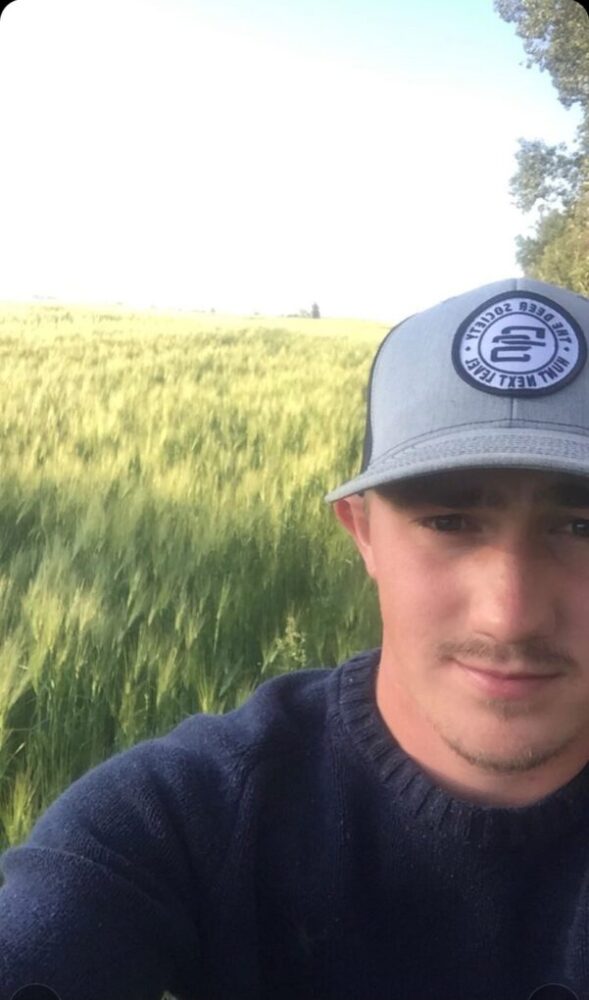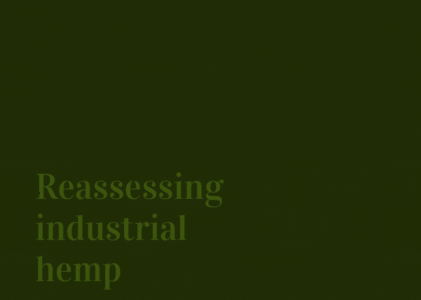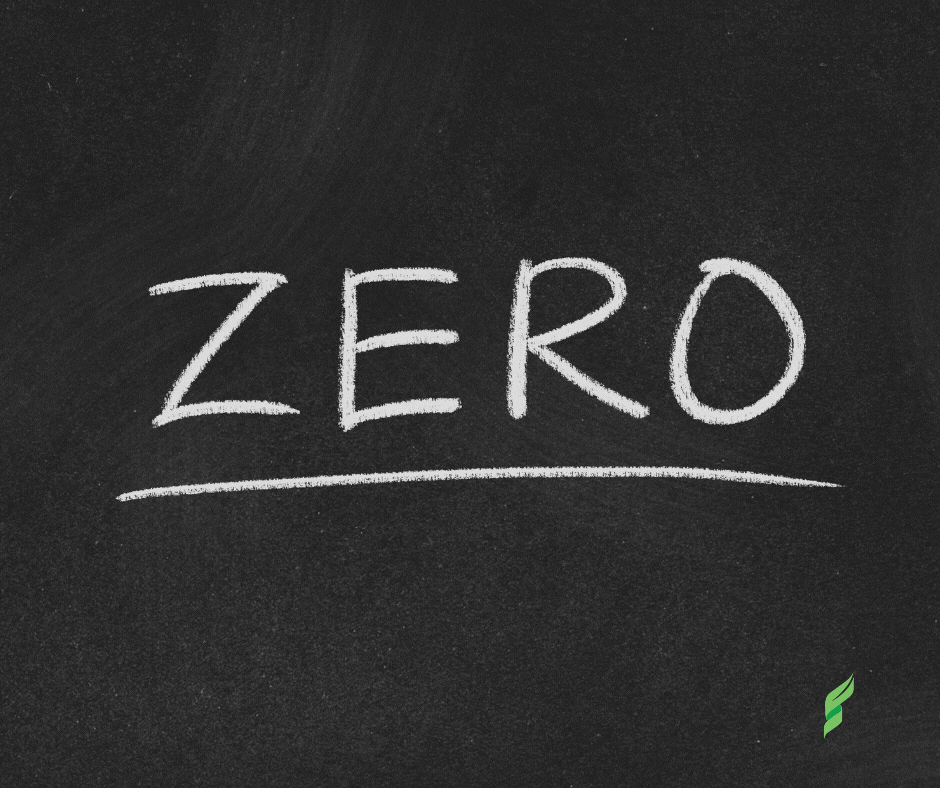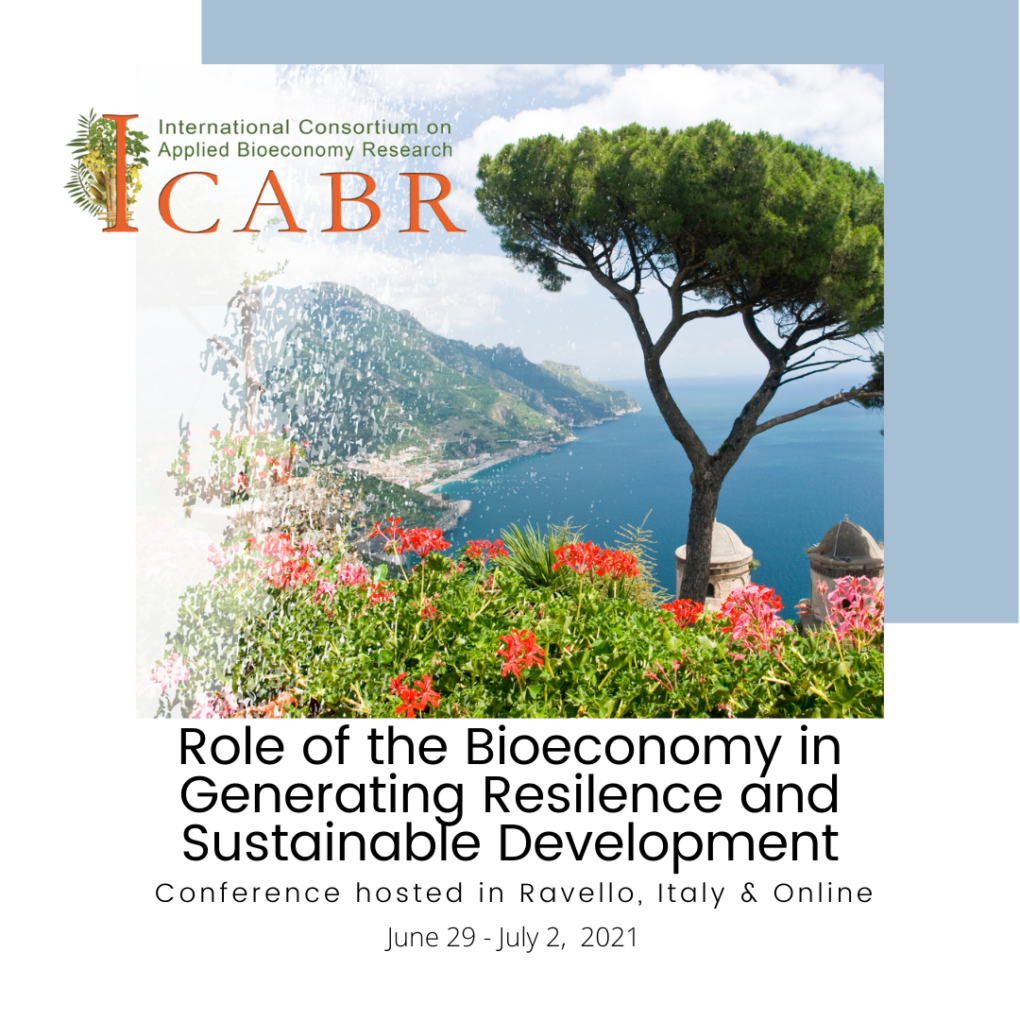By: Tyler Couture, University of Saskatchewan student
In the late 1980s, Canada was at the beginning of its second economic recession, and there was an increased need to develop alternative sources of jobs and fibre (Bonham, 2017). Canadians investigated industrial hemp cultivation as a potential source of these jobs in the agricultural and industrial sectors. (Health Canada, 2018). Hemp fibre had many uses for commercial and industrial products, including rope, textiles, clothing, shoes, food, paper, and insulation (Vivek, 2020). Health Canada decided to give the green light to the agricultural sector to begin growing industrial hemp. Due to industrial hemp’s close relation to the marijuana and the plant’s THC psychoactive compound, Health Canada placed hemp under a controlled substance act. It put in place strict guidelines on the cultivation of the plant (Health Canada, 2018). As research continues, the industry began to find many other beneficial uses for the plant and seed. New markets have formed and grown in popularity for the plant’s fibre and CBD oil, the plant’s non-psychoactive compound with many health benefits. Hemp growers in countries around the world are tired of the strict and complex regulations around industrial hemp and some countries have started to loosen industrial hemp regulations (Arnason,2020). Is it time to look back into Canada’s regulations and remove hemp from the list of controlled substances?
Current regulations
Growing hemp in Saskatchewan is not like calling the local seed dealer and asking for seed. Hemp falls under the controlled substance act meaning that farmers are growing a drug. Strict laws have been put in place for farmers to follow if they choose to grow hemp. Farmers must plant on preselected quarters, keeping them away from the public eye. Farmers must send their plants away to labs to get tested for THC levels. These are just a few of the regulations farmers need to apply for licenses. Producers also must fill out an individual form with a list of personal information (Health Canada, 2018).
This information includes
- Applicant name
- Age and identity verification
- Applicant contact information
- Applicant mailing address
- Industrial hemp storage site
- Record keeping site
Producers can check all these regulations and how to obtain an industrial hemp license by checking the Canadian website’s forms. Industrial hemp license.
Make hemp an agriculture product
However, what if hemp was no longer considered a drug and was just another agricultural product. The switch from drug to product is made possible by advancements of technology, with industrial hemp seeds like X-59 Hemp Nut, a stable and well-tested hemp crop. The crop’s ultra-low levels of THC have made it exempt from THC testing in Canada as of Mar 2015 (Hemp Nut, 2018). Producers can plant hemp without the psychoactive drug THC meaning hemp is safe and no longer a risk to individuals as health Canada feared. As hemp production has steadily increased over the last several years, Canadian farmers have seeded 60,000 to 160,000 acres (Arnason,2020). As an agricultural product, hemp could give producers another profitable option and more freedom to diversify their crop rotations. Opening the market would cause price decline due to increased acres and oversupply, cutting many price premiums producers are used to seeing. (Arnason,2018). However, hemp prices would eventually recover as hemp products become easily accessible and affordable to most food and fibre processors. As another agricultural product, hemp could create upwards of 9,000 jobs and 960 million in new industry sales in Canada alone (Arnason,2020). As Canadians face another economic recession, Canada should lead the industry and revise the agricultural product rules on hemp to help producers and the Canadian economy.
- Arnason, R, (2020, September 17). International Hemp Groups Want Crop Deregulated. From https://www.producer.com/2020/09/international-hemp-groups-want-crop-deregulated/
- Arnason, R, (2018, June 28). Hempseed oversupply pulls down prices. Retrieved September 30, 2020, from https://www.producer.com/2018/06/hempseed-oversupply-pulls-down-prices/
- Bonham, M. S. (2017, February 7). Recession in Canada. Retrieved October 25, 2020, from https://www.thecanadianencyclopedia.ca/en/article/recession
- Canada. Health Canada issuing body. (2018). Industrial hemp licensing application guide: Application requirements and process to obtain an industrial hemp licence under the Industrial Hemp Regulations. from https://www.canada.ca/en/health-canada/services/publications/drugs-health-products/industrial-hemp-licensing-application-guide.html
- Chad Hellwinckel. (2020). Hemp: Can Cooperative-run Quotas Prevent Overproduction? Journal of Agriculture, Food Systems, and Community Development, 9(2), 1-3
- Vivek, V. (2020, February 19). Top Five Uses of Hemp Fiber: Hemp Foundation Blogs. Retrieved October 25, 2020, from https://hempfoundation.net/what-are-the-top-five-uses-of-hemp-fiber/
- X-59 (Hemp Nut). (2018, November 28). Retrieved October 01, 2020, from https://terramaxcorp.wordpress.com/x-59-hemp-nut/

Tyler Couture
My name is Tyler Couture and I am from the small town of Debden. I grew up living on a busy grain farm where my passion for agriculture was sparked. I am currently taking my last semester of an Ag business diploma and have secured a job with Cargill over the summer. I enjoy the outdoors and you can often find me hiking, hunting, or checking crops. I also like participating in rec sports like slow pitch and beach volleyball. I hope you enjoy my blog.




